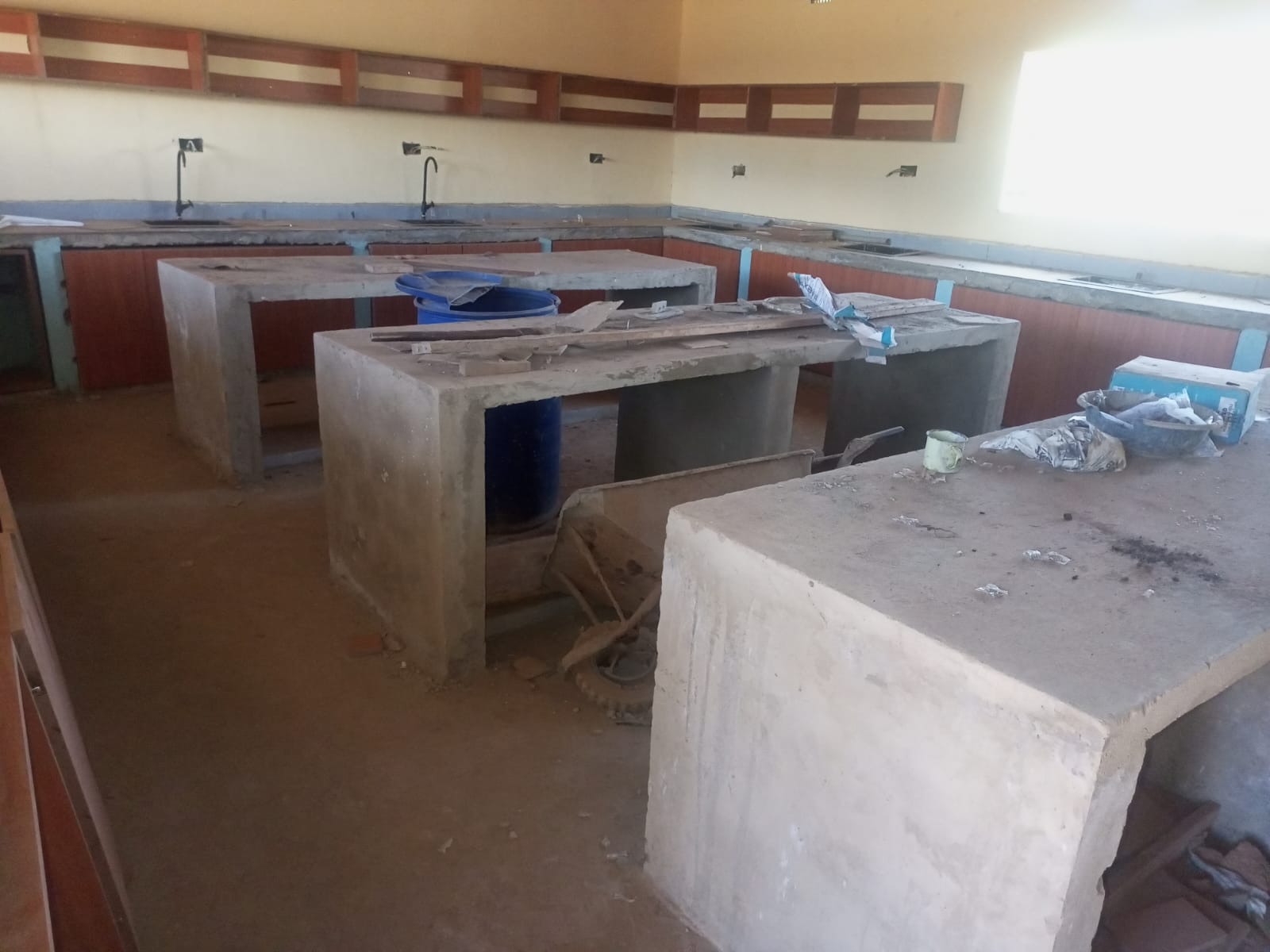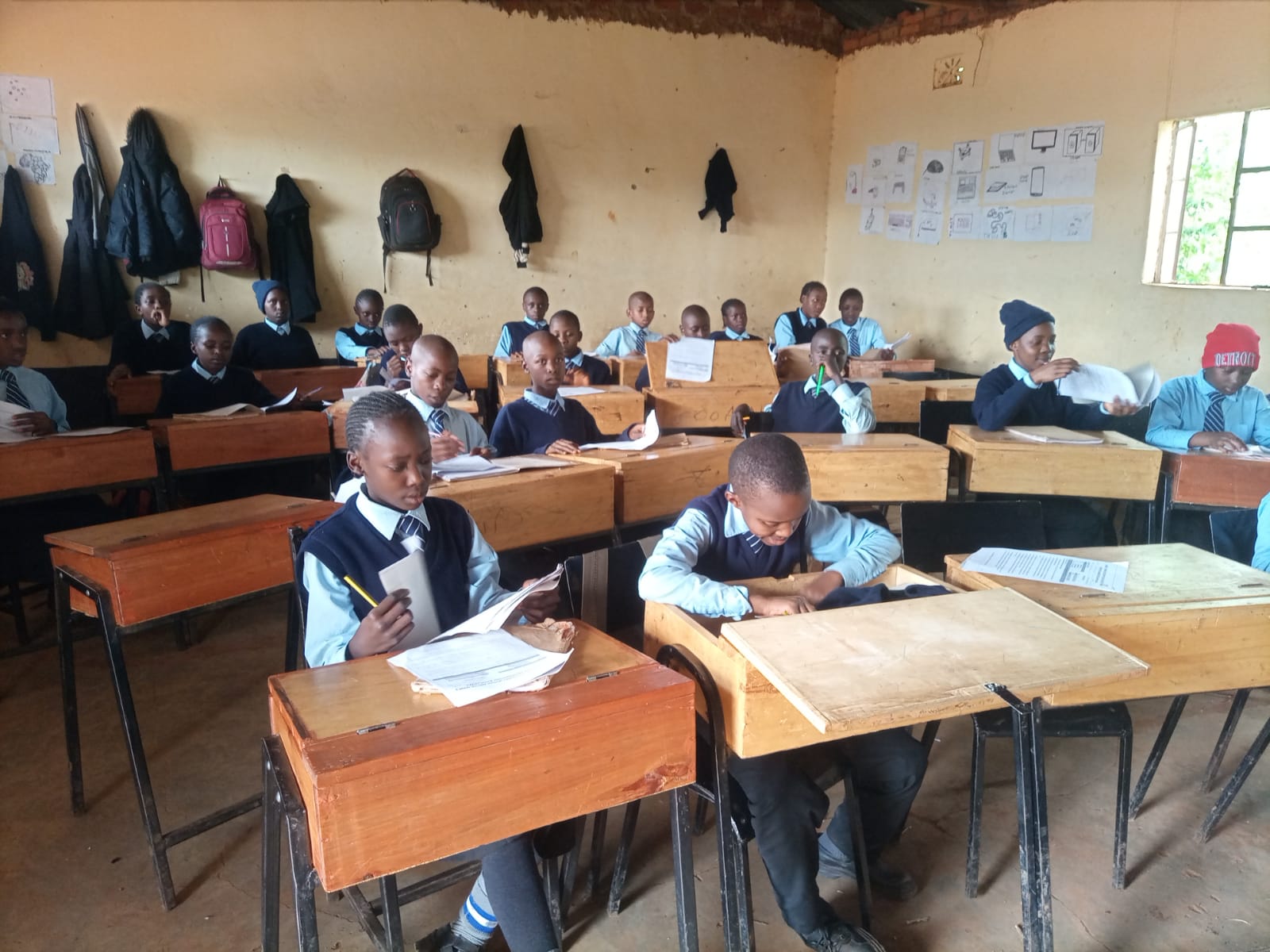The Kenyan education system has seen fundamental changes over the last few years, which have proved challenging to schools that are already limited by the funds that they have available to them. Since 1985, Kenya has been using a 8-4-4 system for its education, that is: eight years of primary schooling, four years at the secondary level, and a minimum of four years of university education.
In 2017 a dramatic change to the education system came with the introduction of a new Competency Based Curriculm (CBC) that consists of two years in pre-primary education, six years in primary education, three years in junior secondary, three years in senior secondary education, and three years (minimum) in university education (a 2-6-3-3-3 system).
The new education strategy aims to encourage students to move from a strict teacher-taught way of learning, to a system that teaches students how to acquire knowledge through research, and develop essential skills required for engaging with any topic, something that we have seen as the eduation system has developed in the UK. Notably, while the 8-4-4 system concentrated more on passing exams with a lot of memorization of the content, in the new CBC system learners will not sit for any major exam, but will be evaluated through continuous assessments on the acquired skills.
The CBC system has had a phased introduction and this year marks the milestone of the first cohort of pupils that adopted the new curriculum in 2017 moving into junior secondary school. As part of the new CBC shools are mandated to have dedicated science and computer laboratories. No longer can academic institutions use existing classrooms for these subjects, especially for junior secondary students.

The Nancy George Academy in Soy, western Kenya, is a primary and junior secondary school with over 400 students, and has continued to advance it's teaching methods and facilities to keep pace with the changes required for the new curriculum. It has been in the process of building two new science and computer laboratories to accommodate the students but the soaring prices of building materials has meant that the construction has had to stop.
The lack of a usable laboratory has resulted in the children having to travel to neighbouring shcools for their science and computer lessons, which is no small undertaking. This situation needs to be resolved and the current laboratories are so near completion!
World in Need has been a longstanding supporter of the Nancy George Academy, and while this project has been funded so far through the academy's primary school fees, the increasing costs of building materials have left the school with a financial gap. Our Kenya Global Family Leader, Pastor Robert Mulumbi, is asking if we can raise £2,000 to cover the final costs of completing this construction, and thereby securing the science and computer teaching for the school's children.
If you feel you are able to help support the building of these laboratories then please visit our Appeal Page to make a donation.
If you would like to donate to the Nancy George Academy as a regular supporter, you can do so on our new Project Page for the Nancy George Academy in Kenya.
